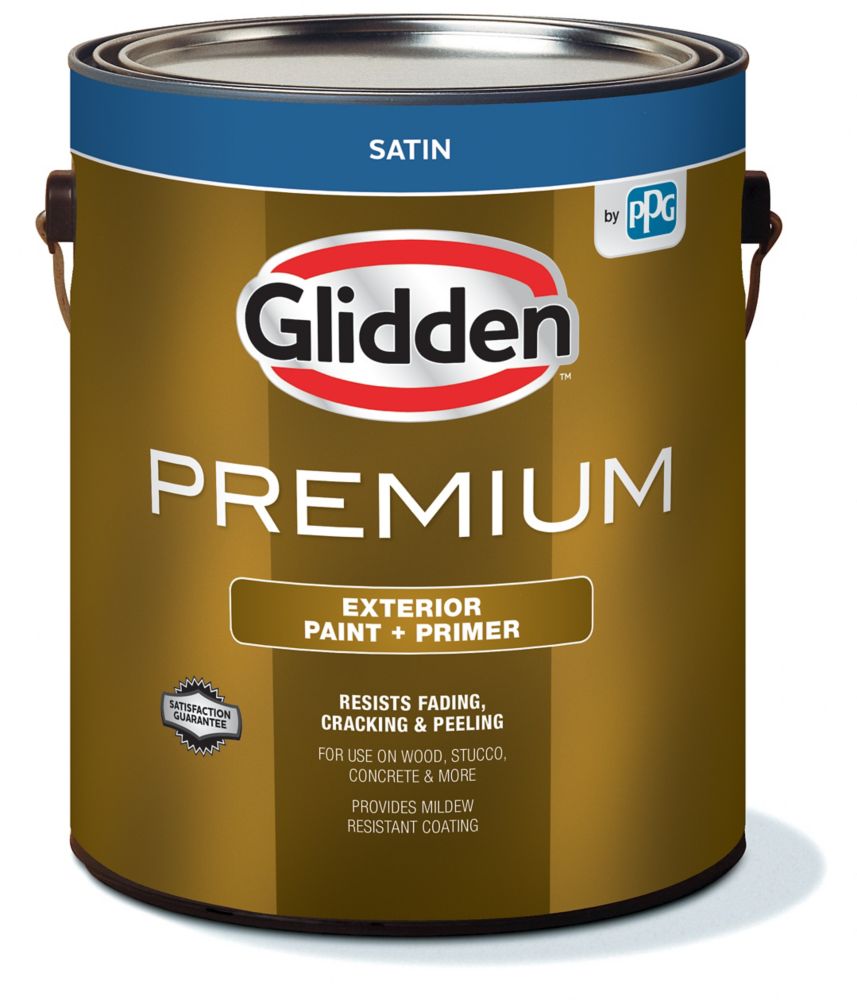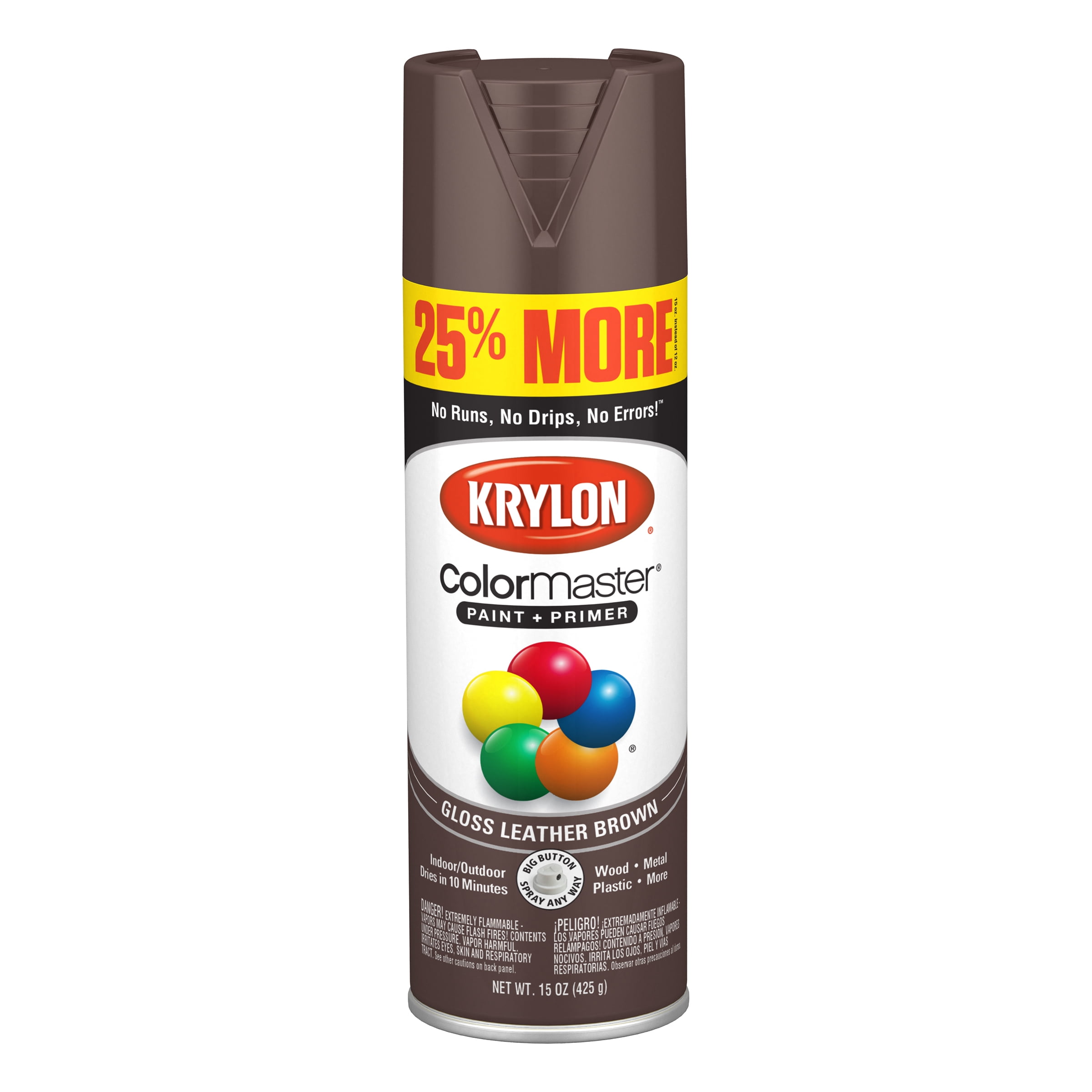
They are more flexible and fast drying, and are less brittle than oil-based primers, making them less susceptible to peeling and cracking. Latex primers are water-based and ideal for prepping unfinished drywall for painting. Oil-based primers should not be used on masonry. They also require that you use harsh thinners and solvents to clean brushes and applicators, and have to be disposed of carefully and properly. They also prevent or slow down paint peeling, cracking and blistering.Ī drawback of oil-based primers (as with oil-based paints), they are often slow-drying and release high amounts of volatile organic compounds (VOCs), which can be harmful to people in high concentrations and with prolonged exposure. They stop tannins, released from woods, such as cedar or redwood, from bleeding through the surface of the paint. Oil-based primers are ideal for interior and exterior unfinished or bare wood because they seal the porous surface of wood, enabling the coat of paint to better cover the surface. They are good for blocking stains on your walls from ink, nicotine and water. Many oil-based primers are good "stain killers" and prevent stains from showing through your new coats of paint. Wood (painted or unpainted), steel and other metals, and surfaces with existing paint, such as interior and exterior walls are ideal surfaces for oil-based primers. These primers work with both oil paints and latex paints, making them very versatile and applicable to a wide variety of surfaces. Oil-based primers and paints have been an industry standard for decades. Each has its strengths and weaknesses and works best on certain surfaces and in particular circumstances. There are three basic types of primers: oil-based, latex and pigmented shellac primer. Tinted primers improve the end result of your painting project they work with the finish coat color to boost color accents for a better-looking job. Metal primers provide a tight bond between the surface and topcoat and inhibit corrosion. Exterior primers come in specific formulas for use on wood, masonry or metal. Exterior primers minimize cracking and mildew growth, and protect masonry surfaces from alkalinity and efflorescence. Interior primer seals, increases adhesion and creates a uniform surface for walls, etc. Primers are formulated for interior surfaces, exterior surfaces, metals and in particular tints. Also, if paint is cracking, crumbling or if there is surface damage, priming can eliminate any problems with your paint job (after you've made repairs and prepared the surface). For example, going from oil-based paints to latex-based paints and vice versa, or changing colors drastically. When working on painted surfaces, priming is necessary if you're switching paint types. While paint can be applied to already-painted surfaces without priming, it's usually better to prime so that your work is as durable and long lasting as it can be. They also help even out walls after you've spot patched and made repairs. In addition, primers seal up porous surfaces and prevent stains and previous colors from showing up underneath your paint job. Whether you're painting interior or exterior surfaces, primers ensure that the painting surface has an ideal, uniform texture (slightly coarse) so that paint adheres effectively. Primers lay the foundation of your paint job and can be used on wood, metal, drywall and concrete. But how do you know which one is the right one for the job? A Primer on PrimersĪ primer is a special type of paint that goes on before the finish coat of paint. It does not store any personal data.No matter how many coats of paint you apply, finished walls rarely look perfect if the surface hasn't been prepared with primer first. The cookie is set by the GDPR Cookie Consent plugin and is used to store whether or not user has consented to the use of cookies. The cookie is used to store the user consent for the cookies in the category "Performance". This cookie is set by GDPR Cookie Consent plugin. The cookie is used to store the user consent for the cookies in the category "Other. The cookies is used to store the user consent for the cookies in the category "Necessary".

The cookie is set by GDPR cookie consent to record the user consent for the cookies in the category "Functional". The cookie is used to store the user consent for the cookies in the category "Analytics".

These cookies ensure basic functionalities and security features of the website, anonymously. Necessary cookies are absolutely essential for the website to function properly.


 0 kommentar(er)
0 kommentar(er)
